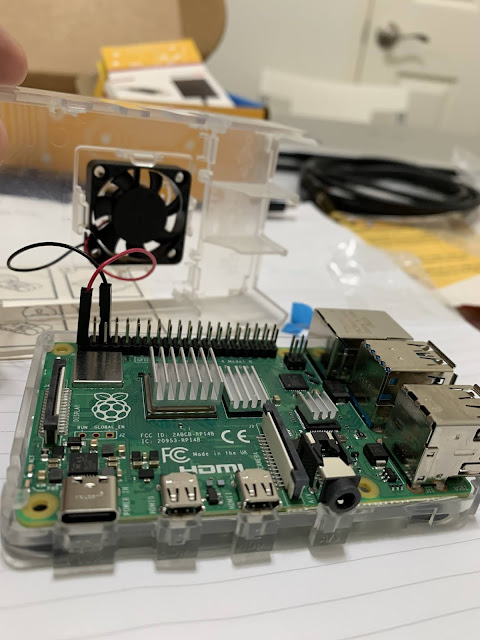Dynamic Hooking and Overwriting of Native Android Password Validation Using Frida
Dynamic Hooking: Bypassing Android Password Validation and Manipulating UI with Frida Dynamic Hooking: Bypassing Android Password Validation and Manipulating UI with Frida Introduction In this exploration, we leverage Frida , a powerful dynamic instrumentation toolkit, to manipulate native Android password validation logic and manipulate UI elements programatically. These techniques showcase how we can reveal vulnerabilities and assess applications. Password Validation Hooking We begin by dynamically intercepting the password validation function in the native library. The library libnative-lib.so serves as the artifact providing the functionality, and the script attaches to the function Java_com_optiv_ndkcrackme_MainActivity_b , which is responsible for handling password validation: Java.perform(function () { var lib = Module.findExportByName("libnative-lib.so", "Java_com_optiv_ndkcrackme_MainActivity_b");...





